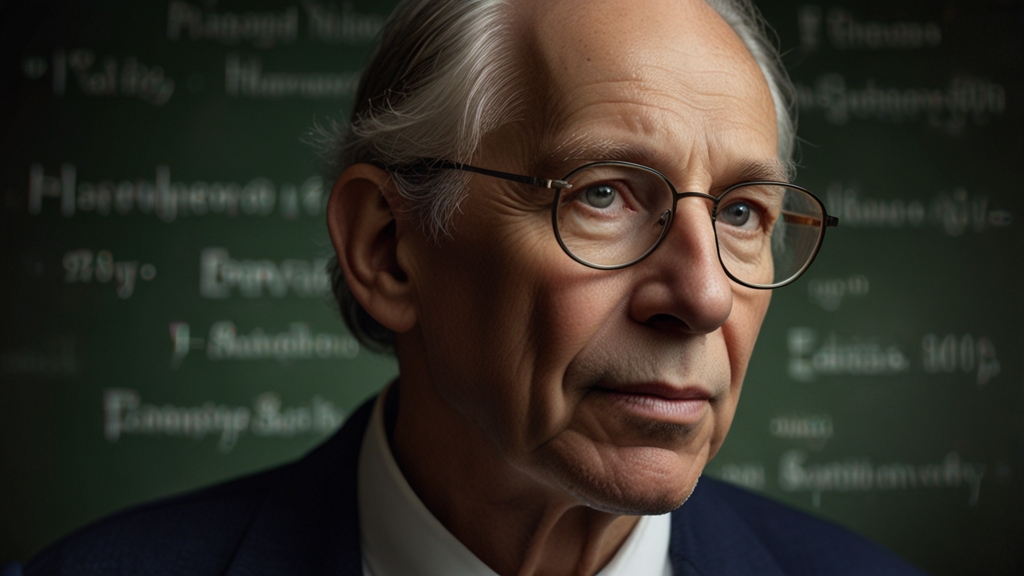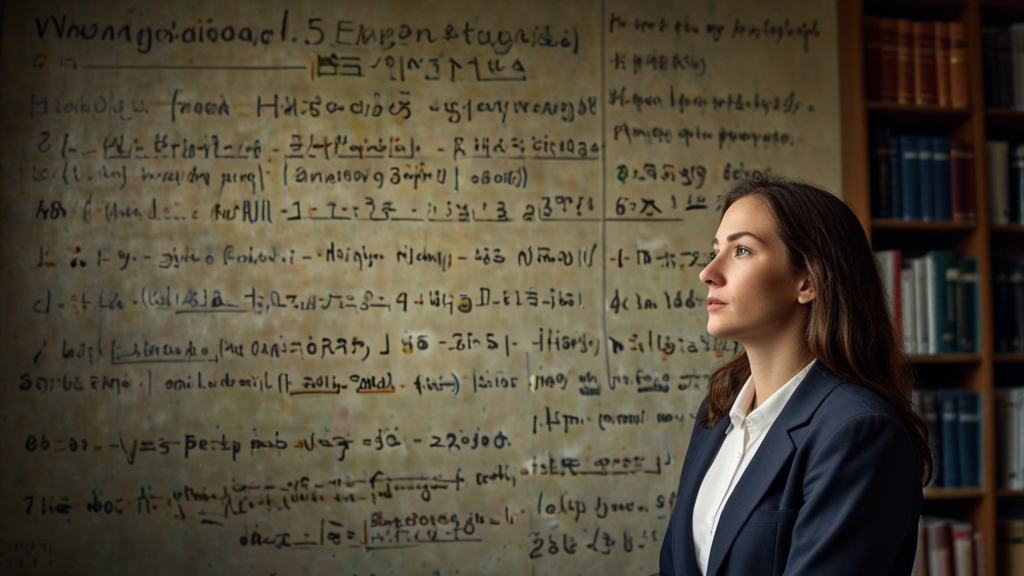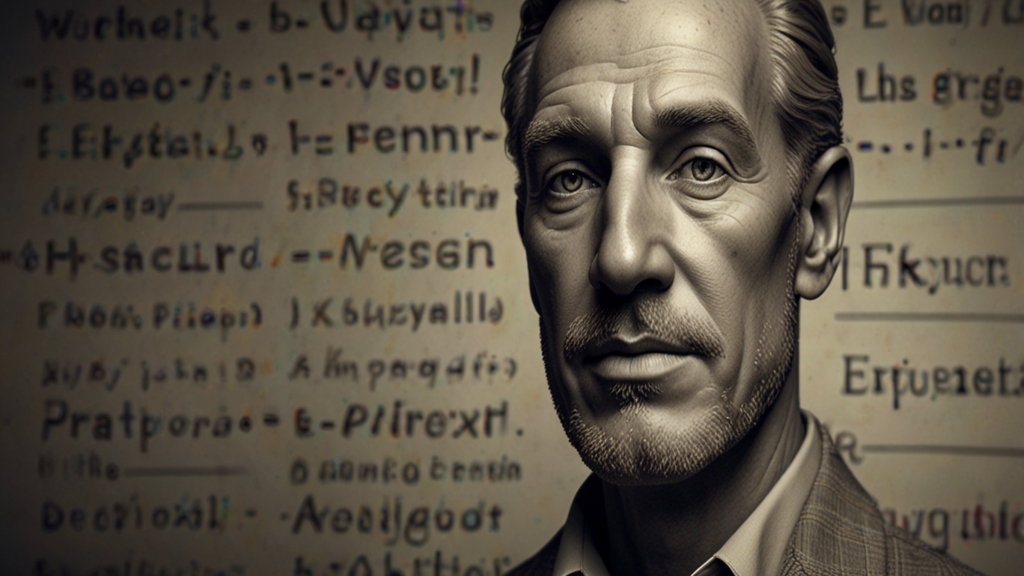Famous Mathematicians Who Changed the World
Mathematics has been a cornerstone of human development, evolving through the centuries and shaping the modern world. Several brilliant minds have emerged throughout history, providing groundbreaking contributions that have profoundly impacted science, technology, engineering, and various other fields. In this article, we celebrate some of the most influential mathematicians whose work continues to resonate today.
Pythagoras
One of the earliest and most renowned mathematicians, Pythagoras, lived in ancient Greece around 570-495 BC. He is best known for the Pythagorean theorem, which establishes a fundamental relation in Euclidean geometry between the three sides of a right triangle. His work laid the foundation for later mathematical theories and is still taught to students around the world.
"There is geometry in the humming of the strings, there is music in the spacing of the spheres." - Pythagoras
Isaac Newton
Isaac Newton (1643–1727) was an English mathematician, physicist, astronomer, and author who is widely recognized as one of the most influential scientists of all time. He made significant contributions to calculus, optics, and the laws of motion and universal gravitation. His work laid the groundwork for classical mechanics and had a substantial impact on modern science and engineering.
"If I have seen further, it is by standing on the shoulders of Giants." — Isaac Newton
Carl Friedrich Gauss
Carl Friedrich Gauss (1777-1855), often referred to as the "Prince of Mathematicians," made substantial contributions to various fields, including number theory, algebra, statistics, analysis, differential geometry, geophysics, electrostatics, astronomy, and optics. His work in number theory, particularly the Disquisitiones Arithmeticae, has had a lasting impact on mathematics.
Gauss's contributions to the theory of electromagnetism are commemorated in the unit of magnetic field strength, the gauss. His ability to address and solve complex problems has earned him a permanent place in the annals of mathematics.
Leonhard Euler
Leonhard Euler (1707-1783) is regarded as one of the greatest mathematicians of the 18th century. A prolific mathematician, Euler made groundbreaking discoveries in fields such as calculus, graph theory, and topology. He also introduced much of the modern mathematical terminology and notation, including the concept of a function and the use of the letter 'e' for the base of the natural logarithm.
Euler's formula for complex exponentials, e^(iθ) = cos(θ) + i sin(θ), known as Euler's identity when θ = π, is often celebrated for its beauty and simplicity. This formula connects five fundamental mathematical constants in a unique and elegant equation.
Alan Turing
Alan Turing (1912-1954) was a pivotal figure in the development of computer science. His work during World War II in deciphering the Enigma code significantly contributed to the Allied victory. Turing's conceptualization of the Turing machine laid the groundwork for modern computing and theoretical computer science.
In addition to his computing accomplishments, Turing also made significant contributions to the field of mathematical biology. His study on the chemical basis of morphogenesis remains influential in the understanding of biological pattern formation.
"Those who can imagine anything, can create the impossible." - Alan Turing
Emmy Noether
Emmy Noether (1882-1935) was an influential German mathematician known for her groundbreaking contributions to abstract algebra and theoretical physics. Noether's theorem, which connects symmetries and conservation laws, has had a profound impact on physics. Her work remains essential to modern theoretical physics and has influenced generations of mathematicians and scientists.
Noether overcame significant gender barriers in academia to achieve recognition for her extraordinary talent. Her legacy continues to inspire aspiring mathematicians and physicists worldwide.
Conclusion
These mathematicians, among many others, have profoundly influenced the world in ways that permeate every aspect of modern life. From foundational theories to practical applications, their contributions continue to inspire and shape our understanding of the universe. Celebrating their achievements not only honors their legacy but also encourages future generations to explore the wonders of mathematics.








